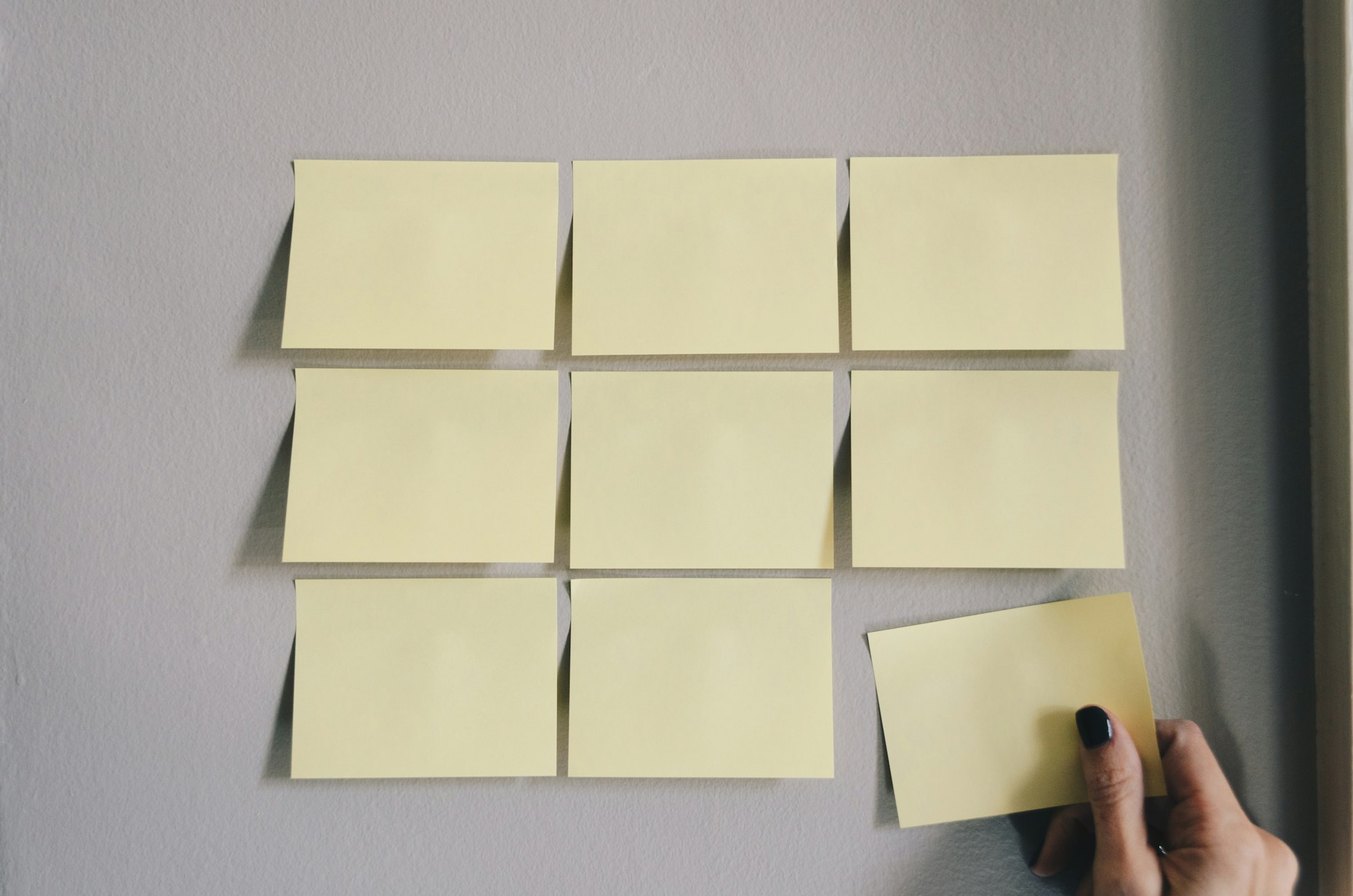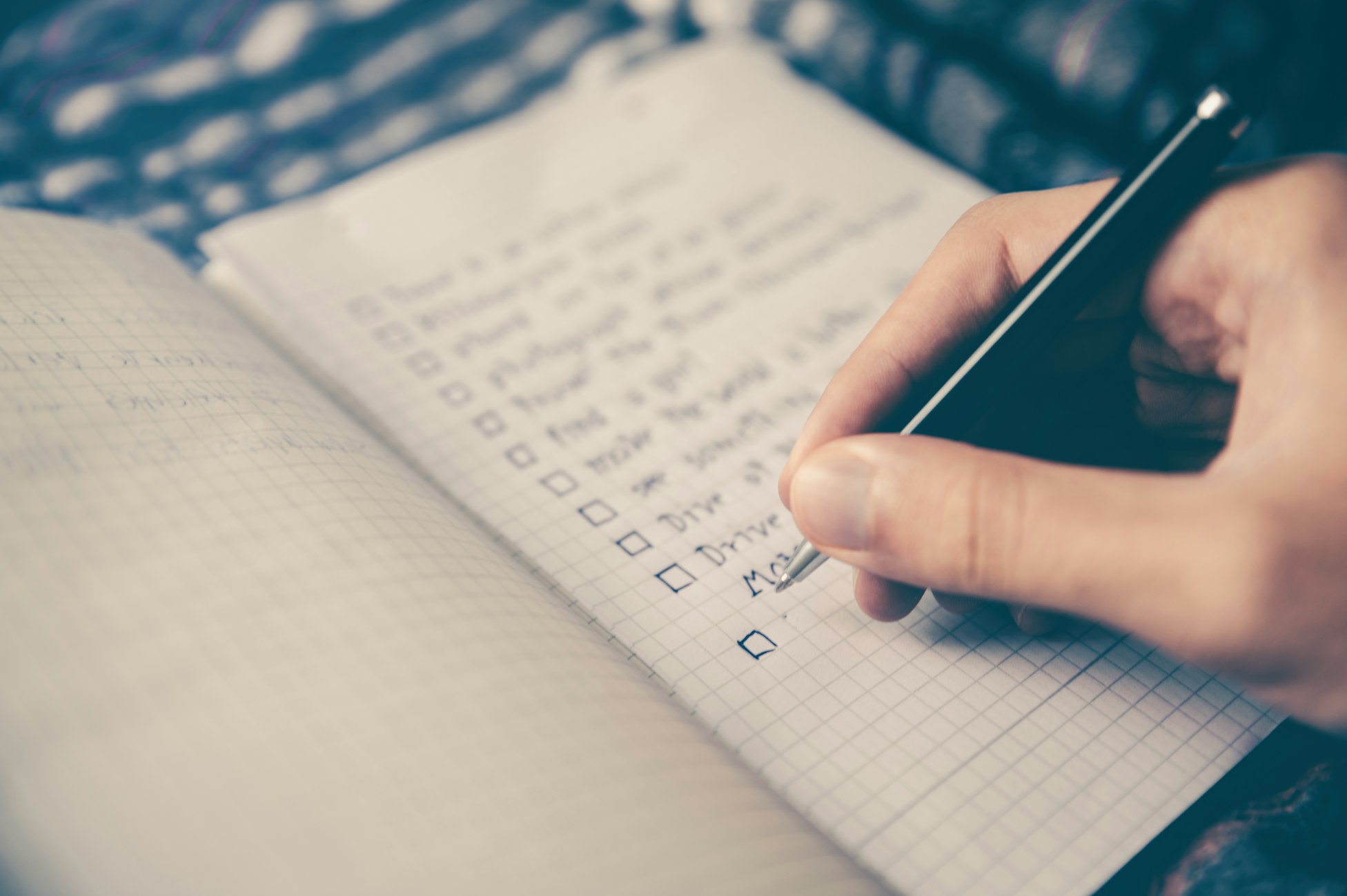

Everyone will have their own tricks or methods for time management. As with all suggestions, no promises that they will help you. Allen (2015) is very good!
Make sure that you have a good calendar and a list of what needs to be done. (Be honest with yourself about the benefits and limitations of each tool and method to capture information, i.e., written agenda, phone, laptop, wall calendar, etc.) Then, if possible, associate how much effort you think each item on the list will take. Make sure you use the calendar. Some people will remind you about what you need to do. Others will say it once and assume that you deliver as requested.
Read the syllabus and note when things are due. If the deliverables are in the syllabus, you are responsible and the instructor does not have to mention them, or remind you.
Eat a healthy breakfast. Drink lots of water. Set a morning routine so that your body starts on a good rhythm. If you find your productivity lagging due to fatigue, stop working and just go to sleep (even if it is a midday nap).

One hour of productive, well-rested studying is worth much more than two hours of studying when you are tired/stress/frustrated/struggling to stay awake.
Every Sunday, create a list of all tasks for the week. Use due dates as a guide, but also try to balance the week. Avoid backloading (e.g., putting all tasks on Thursday just because deadlines are on Friday). Add new items that come up as required. Make sure to check them off as “done” to give yourself a sense of satisfaction.
Try to avoid cognitive interruptus. This is where you allow other things to interrupt your train of thought - what some people call multi-tasking. Multi-tasking does not work on cognitively heavy tasks like studying, working on school work at the university level. There is a mental cost with starting, stopping, resuming tasks and thinking. It adds up and you should start/finish tasks in one sitting. Break things down into smaller tasks if necessary.
Give yourself a small reward if you finish a task (e.g., watch a youtube video, play a small game on your phone, talk to a friend, etc.), big reward if you finish all tasks in a day (e.g., watch a movie, play a video game, have a chat with friends). If you have extra time, it is great to start on one of the tasks for the next day, but only if you are properly rested/rewarded.

Turn notifications off on your phone. Create a cone of silence when you are working. Tell people to call you if there is an emergency. Everything else can wait till a designated break.
OHIO - Only Hit it Once - If an email or other request comes in and takes 5+ minutes to do, do it immediately. If not, add to your task list, designate a day to do it and don’t worry about it until then. Do not spend time thinking/worrying/stressing about it.
Allen, D. (2015). Getting Things Done, Rev. Ed. Penguin Books, NY.